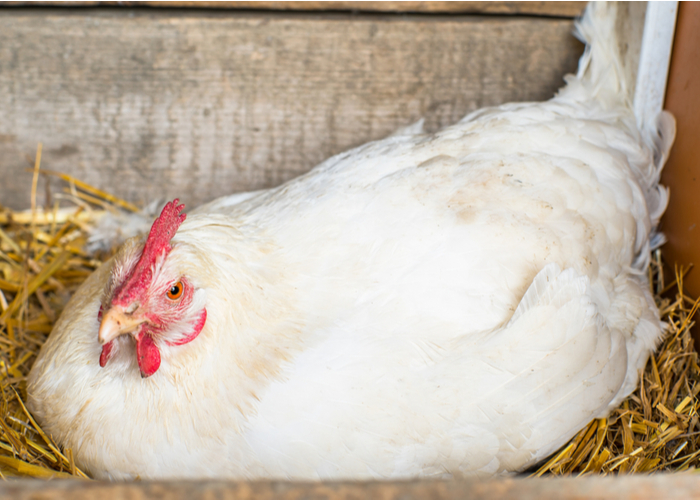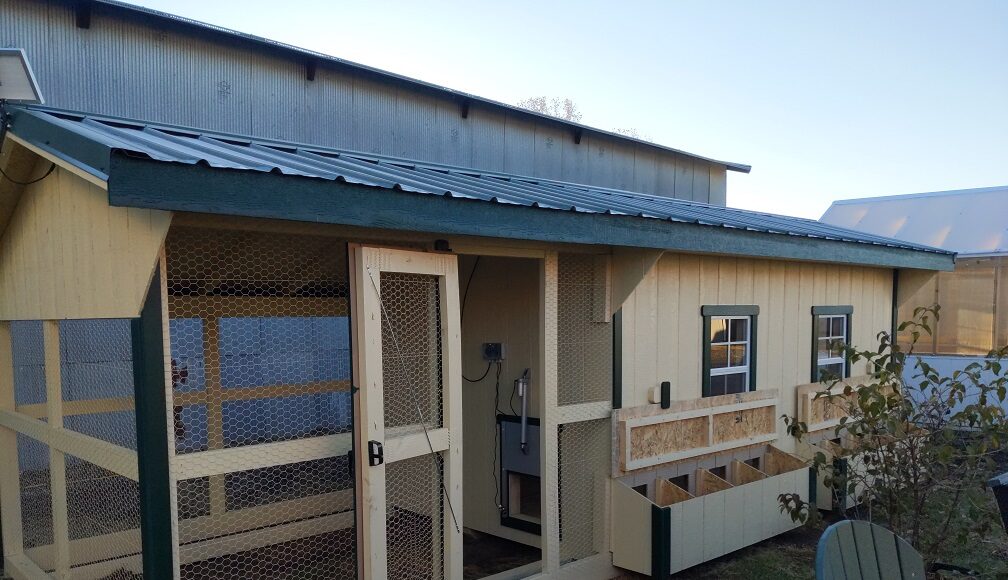Understanding the nesting habits of chickens is crucial for anyone interested in raising these fascinating birds. Chickens are unique creatures with specific needs when it comes to creating a comfortable and safe environment for laying eggs. This article will delve into the details of their nesting behaviors, providing insights and tips for both new and seasoned chicken owners.

The Importance of Nesting Habits
Chickens have a natural instinct to find a safe and secure place to lay their eggs. This behavior is rooted in their survival instincts, as a well-hidden nest can protect their eggs from predators. By understanding these habits, chicken owners can create an environment that meets their hens needs and ensures a steady production of eggs.
Choosing the Right Nesting Location
When it comes to nesting habits of chickens, the location of the nest is critical. Chickens prefer quiet, dark, and secluded areas to lay their eggs. This is because such spots mimic the natural environments that their wild ancestors would have chosen. Providing nesting boxes with these characteristics can encourage hens to use them consistently.
Nesting Box Design
The design of the nesting box is also important. Boxes should be large enough for the hen to turn around in but cozy enough to feel secure. A popular design includes a sloped roof to prevent roosting, as well as a lip on the front to keep bedding and eggs inside. For some creative ideas, you can check out nesting box ideas.
Materials for Nesting Boxes
Choosing the right materials for your nesting boxes can make a significant difference in your hens comfort and egg production. Common materials include straw, hay, and wood shavings. Each has its pros and cons, and the choice often depends on availability and personal preference. For more detailed information, you can visit the best chicken nesting material.
How to Encourage Nesting
Sometimes, chickens may need encouragement to use the nesting boxes provided. Using fake eggs or golf balls can help. Placing these items in the nesting boxes can signal to the hens that its a safe place to lay their eggs. Additionally, maintaining clean and comfortable nesting areas will encourage hens to return to the same spot.
Routine and Consistency
Chickens thrive on routine and consistency. By collecting eggs regularly and keeping the nesting area clean, you can encourage your hens to develop a consistent laying schedule. This consistency can improve egg production and overall flock health.
Common Nesting Behaviors
Chickens exhibit several common nesting behaviors that can provide insights into their wellbeing. For example, a hen that spends excessive time in the nesting box may be broody, meaning she wants to hatch eggs. Understanding these behaviors can help you manage your flock more effectively.
Broodiness in Chickens
Broodiness is a natural behavior where a hen desires to sit on eggs to incubate them. While this can be beneficial for breeding, it may reduce egg production. Managing broody hens involves removing them from the nest to break the cycle or allowing them to hatch eggs if desired.
Dealing with Nesting Issues
Sometimes, chickens may lay eggs outside the designated nesting areas. This can be due to discomfort, overcrowding, or simply a preference for another location. Addressing these issues often involves tweaking the environment to make the nesting boxes more appealing.
Egg Eating and Prevention
Egg eating can be a problematic behavior in chickens. It often starts accidentally, but once a chicken discovers the taste of an egg, it can become a habit. To prevent this, ensure adequate nesting materials, collect eggs frequently, and consider using roll-away nesting boxes. More tips on preventing such issues can be found in our brooder setup tutorial.

FAQs
Why do chickens prefer dark nesting areas?
Chickens instinctively seek dark, secluded areas to protect their eggs from predators and feel secure while laying.
What is the best material for chicken nesting boxes?
Straw, hay, and wood shavings are popular materials. The best choice depends on availability and the specific needs of your flock.
How can I stop my chickens from laying eggs outside the nesting boxes?
Ensure nesting boxes are comfortable, dark, and clean. Encourage use by placing fake eggs inside and maintaining a consistent environment.
For further insights into chicken behavior and care, explore more at Longbourn Farms chicken nesting boxes guide.
This article contains affiliate links. We may earn a commission at no extra cost to you.











